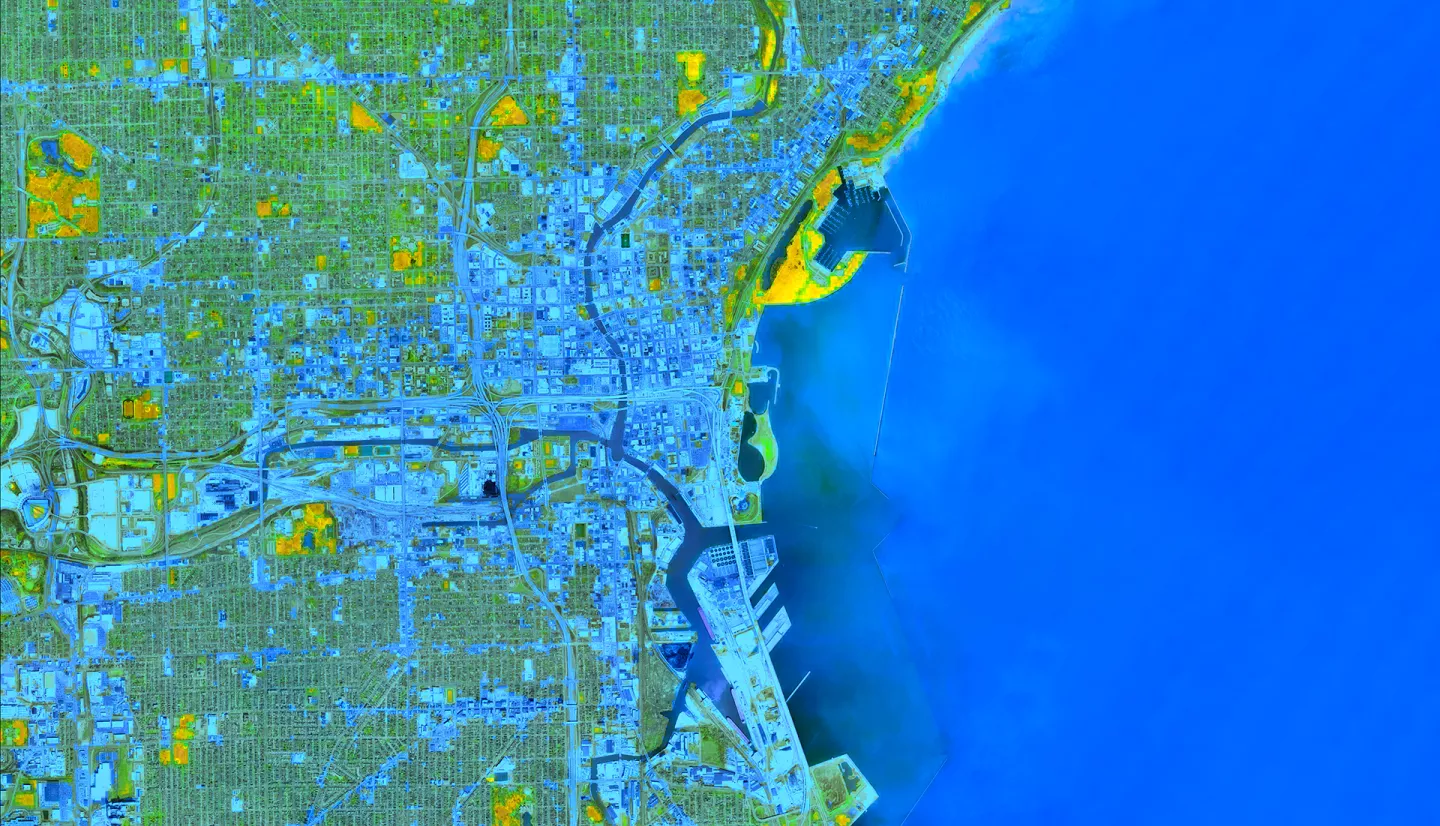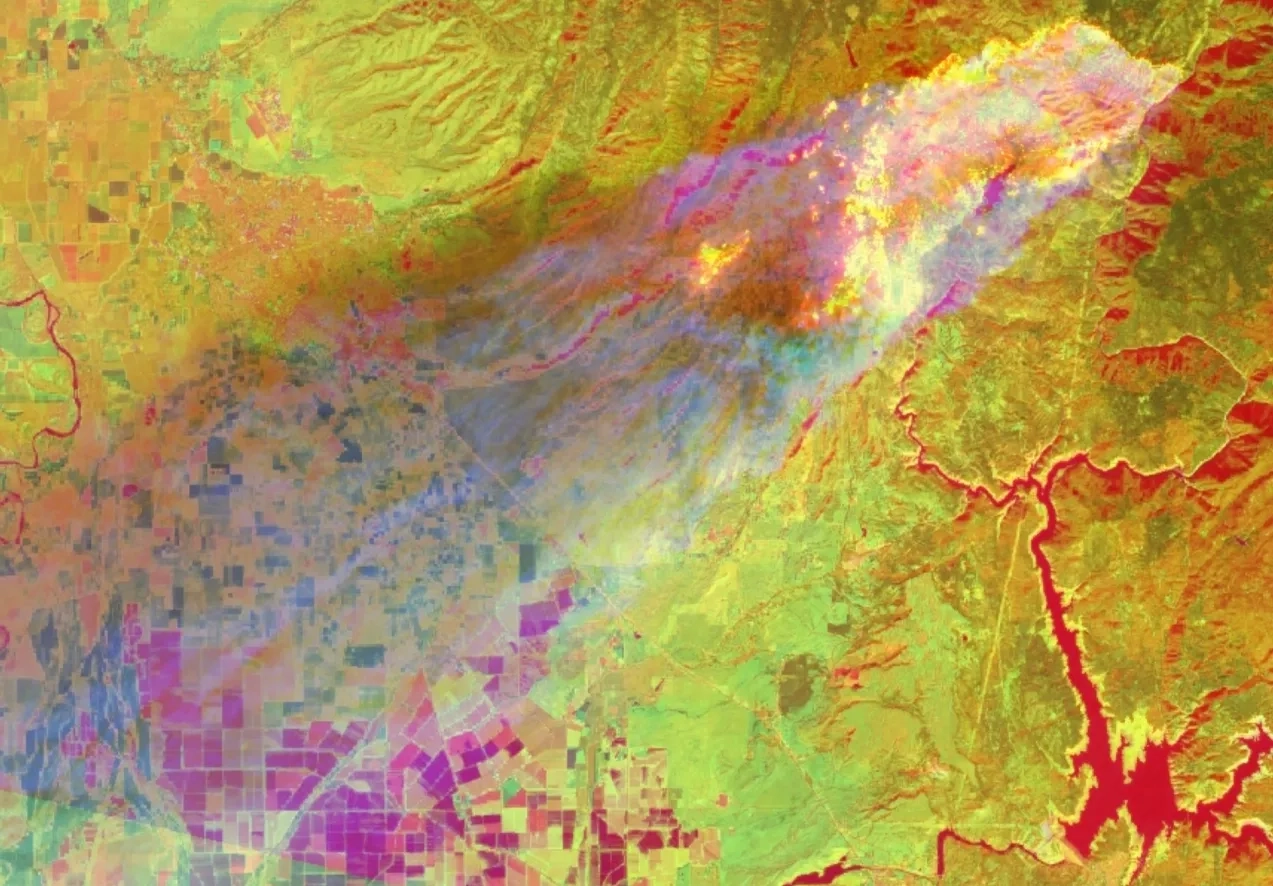Lauren Childs-Gleason


Advancing equitable Earth science
The environmental justice movement focuses on ensuring communities receive equitable protection from natural and human-induced environmental hazards. It embodies the principle that all communities should be heard and represented in decision making.
NASA’s EEJ program helps ensure Earth data can benefit everyone, regardless of race, color, national origin or income. We help communities across the U.S. make informed decisions about issues affecting them. The program also builds new partnerships to support community outreach, training, and information and tools that use Earth observations. We aim to create opportunities for people to support community empowerment with Earth observation information.
NASA has many tools, data sets, and other capacity building resources that can help protect the well-being of vulnerable communities. Through our partnerships, we can help provide decision-makers the information they need to advocate for policy change. Download the NASA EEJ Flyer (2023) to read more.
To learn more about the latest program news, check out the EEJ newsletter:
Building a more equitable future in the face of climate change is no small feat. It will take a diverse group of people with the skills and resources necessary to advocate for change. The EEJ program leverages training and opportunities across various NASA programs to advance community understanding and use of Earth Observations. These programs include:
The Equity & Environmental Justice element supports a variety of projects that utilize Earth observations to help address challenges facing communities in the United States. Our portfolio demonstrates the benefits of using NASA Earth observations to inform decision and policy-making through multiple types of projects.
We must ensure our environment is safe for everyone. Our project portfolio explores how Earth observations can improve quality of life, reduce risks to communities and more.

Do you want to use Earth observations to build an equitable future in your community? Our resources can help you accomplish that. We offer data sets, tools, trainings and other resources that help decision-makers stay informed.
Our team applies diverse expertise to their work. Their insights into the challenges communities face in their environments allow them to work toward practical solutions with our network of collaborators.